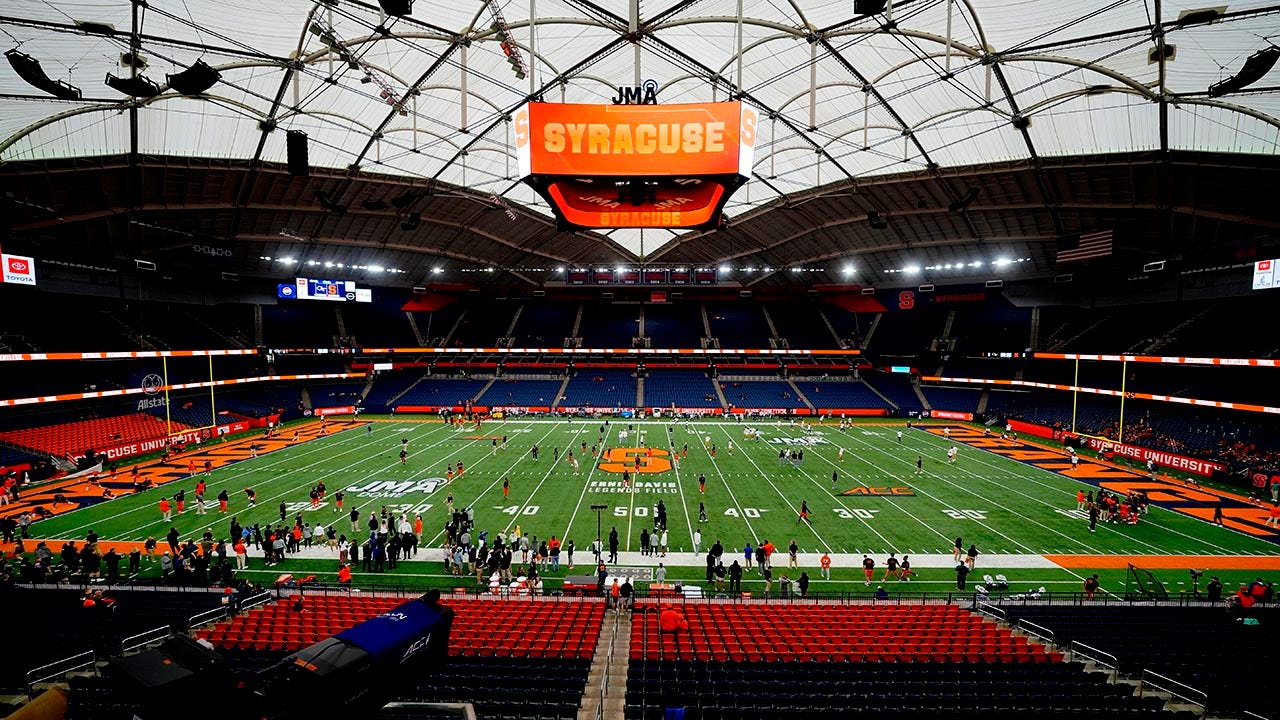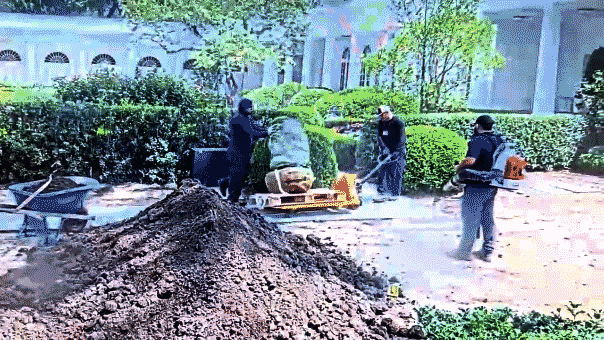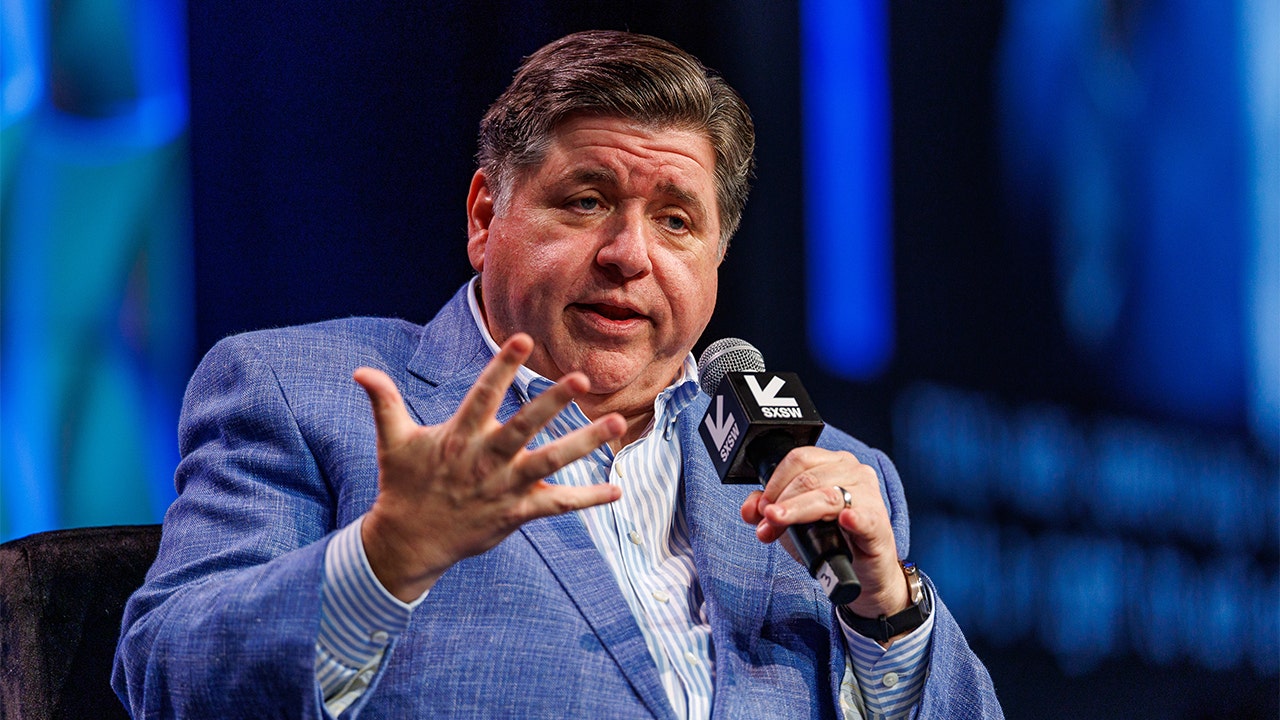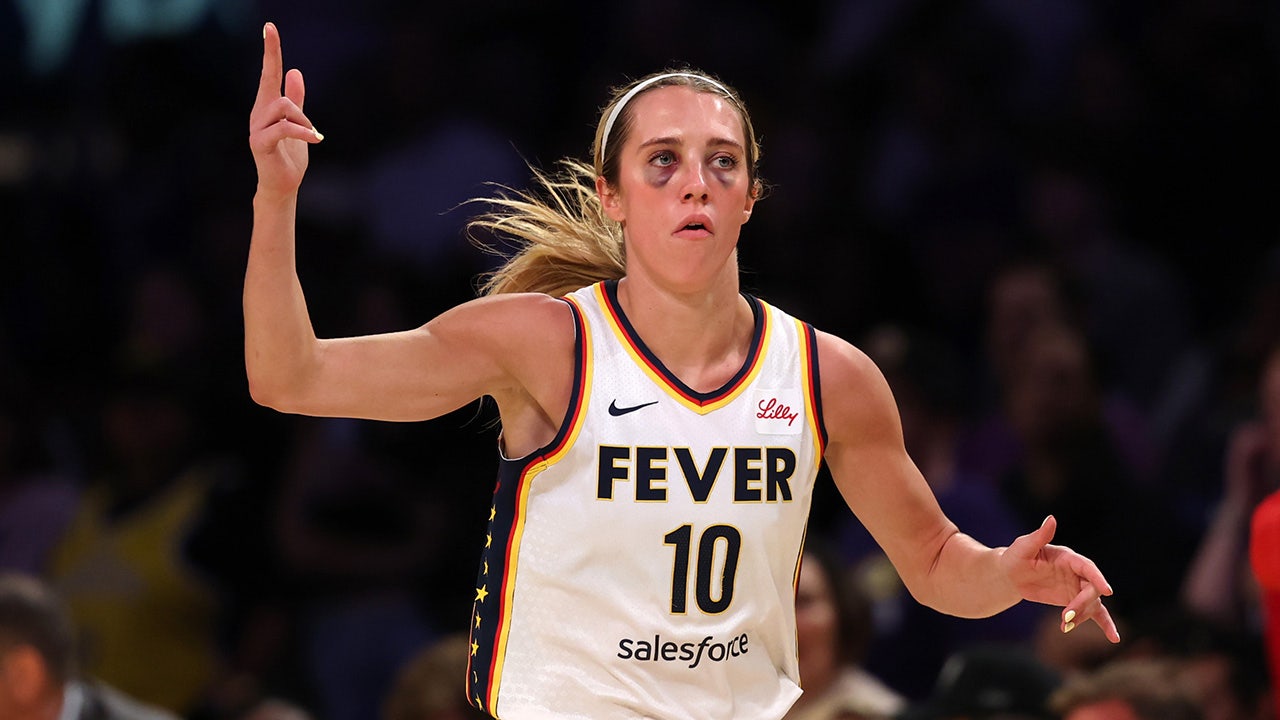Saudi Arabia’s 40-year-old disruptor: How MBS rewired the Kingdom in 10 short years

NEWYou can now listen to Fox News articles!
When President Donald Trump chose Saudi Arabia for his first foreign trip of the new term — meeting Crown Prince and Prime Minister Mohammed bin Salman (MBS) in Riyadh — it underscored how closely U.S. interests now track Saudi change. In turn, MBS is set to visit the White House in the coming months. The timing is notable: he turns 40 this month and marks 10 years in power, with a domestic record few leaders have matched in a single decade.
The most visible shift has been in women’s rights. In a nation of more than 20 million citizens, women now drive, travel without a male guardian and hold roles in law, aviation, diplomacy and the C-suite — boosting household incomes and widening the country’s talent base. Women now make up about 36% of the workforce. That’s a statistic that may seem normal to Americans but marks a profound societal change for Saudi Arabia.
Regionally, MBS has tied domestic change to strategy abroad. He supports expanding the Abraham Accords but argues that lasting normalization with Israel requires a credible pathway to a Palestinian state — the necessary political price after Gaza to build an alignment that integrates Israel into the region.
SAUDI DEFENSE MINISTER SECRETLY MEETS WITH TRUMP TO DISCUSS IRAN DE-ESCALATION, ISRAEL: SOURCES
This pace of change has not come without coercion. Dissent is tightly controlled, and political space remains limited. Critics point to arrests of activists, businessmen and even royals. But history shows that in rigid systems, rapid reform often clashes with entrenched interests — and great reformers such as Turkey’s Atatürk, Singapore’s Lee Kuan Yew and China’s Deng Xiaoping rarely transformed nations without firm measures to suppress opposition.
For his part, MBS admits he has made mistakes — some costly, others controversial — but he has proven to be an unusually quick learner: adjusting course when necessary, avoiding the temptation to double down on failures and maintaining momentum while refining strategy. That ability to recalibrate is rare in leadership.
What Changed Under MBS
- Religious police sidelined; social space opened. For more than a century, the religious police enforced dress codes and gender segregation. Their removal signaled that public life would no longer be governed by fear of moral policing, creating space for mixed workplaces and modern entertainment.
- Women’s rights advanced. The driving ban ended; guardianship restrictions were eased, and women gained practical autonomy to work, travel and manage their affairs. Women are now reshaping the labor market in ways unimaginable a decade ago.
- Cultural awakening. Entertainment — once nonexistent — has become a domestic industry. Cinemas reopened, concerts draw global artists and Saudi cities host Formula 1, heavyweight boxing and international festivals. Simplified visas fuel tourism, while cultural “seasons” and mega-leisure projects keep spending at home. By vacationing domestically, MBS signaled that the Kingdom can meet citizens’ lifestyle expectations.
- Digital government. Unified digital platforms revolutionized services, allowing citizens to complete tasks in minutes rather than hours of paperwork. The shift reduced corruption opportunities and boosted efficiency.
- Anti-corruption campaign. A controversial one-time drive in 2017 recovered billions in assets and showed that even the most powerful were not beyond scrutiny, resetting expectations of accountability at the top.
- Economic restructuring. Policy aimed at breaking dependence on oil by investing in technology, renewable energy and artificial intelligence. The Public Investment Fund (PIF), now one of the world’s largest sovereign funds, has become a heavyweight in global tech and infrastructure while nurturing new domestic industries.
- Mega-projects to seed new sectors. NEOM, Qiddiya and the Red Sea resorts rank among the most ambitious development experiments of the 21st century. Their success is critical; failure to attract residents, investors and tourists would be costly. To hedge risk, MBS spread investment across many initiatives, reasoning that only a few need to succeed at scale to transform the economy. (I serve on NEOM’s advisory board.)
- Fiscal reform. Decades of cheap fuel, water and electricity encouraged waste and drained the budget. Phasing out broad subsidies and replacing them with targeted support for lower-income households improved fiscal discipline. New taxes and privatization programs broadened revenue, making the state less vulnerable to oil price swings.
- Institutional and legal modernization. New codified laws in civil transactions, evidence and personal status are replacing a patchwork of judicial discretion, giving citizens and investors greater predictability. Courts now resolve commercial disputes faster and more transparently, a critical factor for attracting foreign capital.
- Education reform. Outdated, religion-heavy curricula are being overhauled to emphasize STEM fields and foreign languages alongside critical thinking.
- Homeownership. By implementing a variety of support programs, Saudi homeownership rose from 45% to 63% during this period.
- Global posture beyond oil. The Kingdom now competes for — and wins — major events from Expo 2030 to the FIFA World Cup 2034. Diplomatically, it is more active, mediating disputes such as Russia-Ukraine and building partnerships across Asia, Africa and the West.
A Reform Agenda with Time on His Side
What sets MBS apart from many historical reformers is time. At 40, he could remain in power for decades — long enough not only to launch reforms but to embed them so deeply in Saudi institutions and society that reversal becomes impossible. Few leaders in any era have done this much in 10 years while also recasting their country’s global role — and having the runway to see it through.
CLICK HERE FOR MORE FOX NEWS OPINION
What to Watch Next
Expect a Washington agenda centered on defense integration, technology cooperation, energy and investment that creates U.S. jobs — alongside diplomacy to expand Arab-Israeli normalization with a serious political horizon for Palestinians.
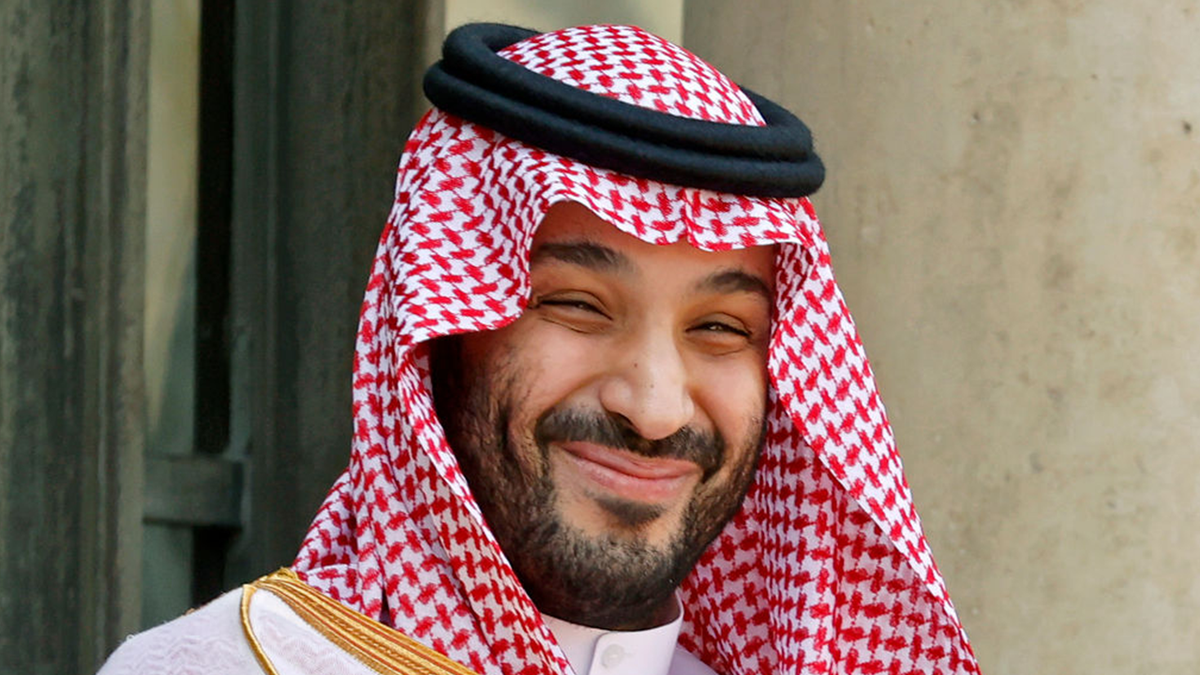
If MBS can pair internal modernization with a sustainable regional settlement, the payoff will extend far beyond the Gulf — to pump prices, regional stability and U.S. influence for a generation.


